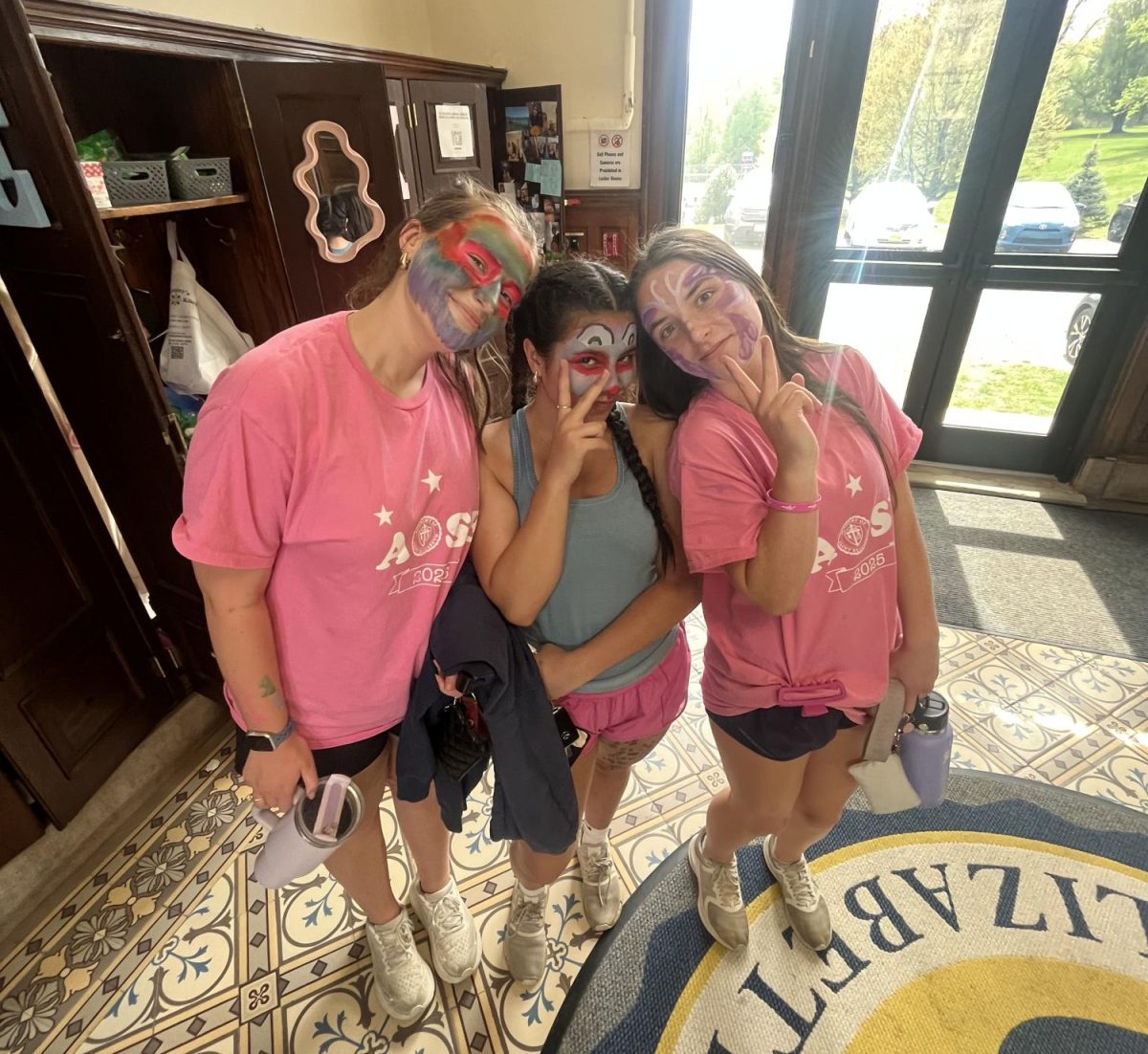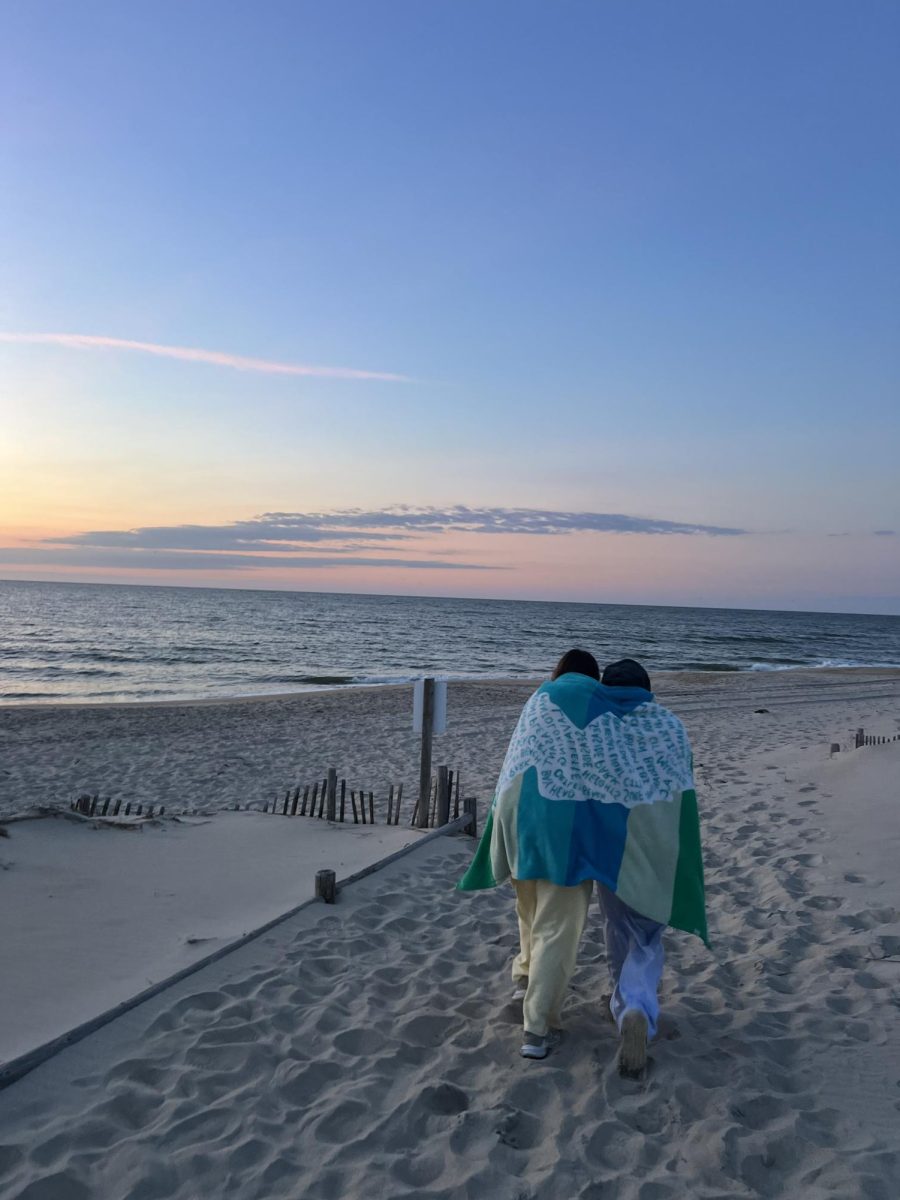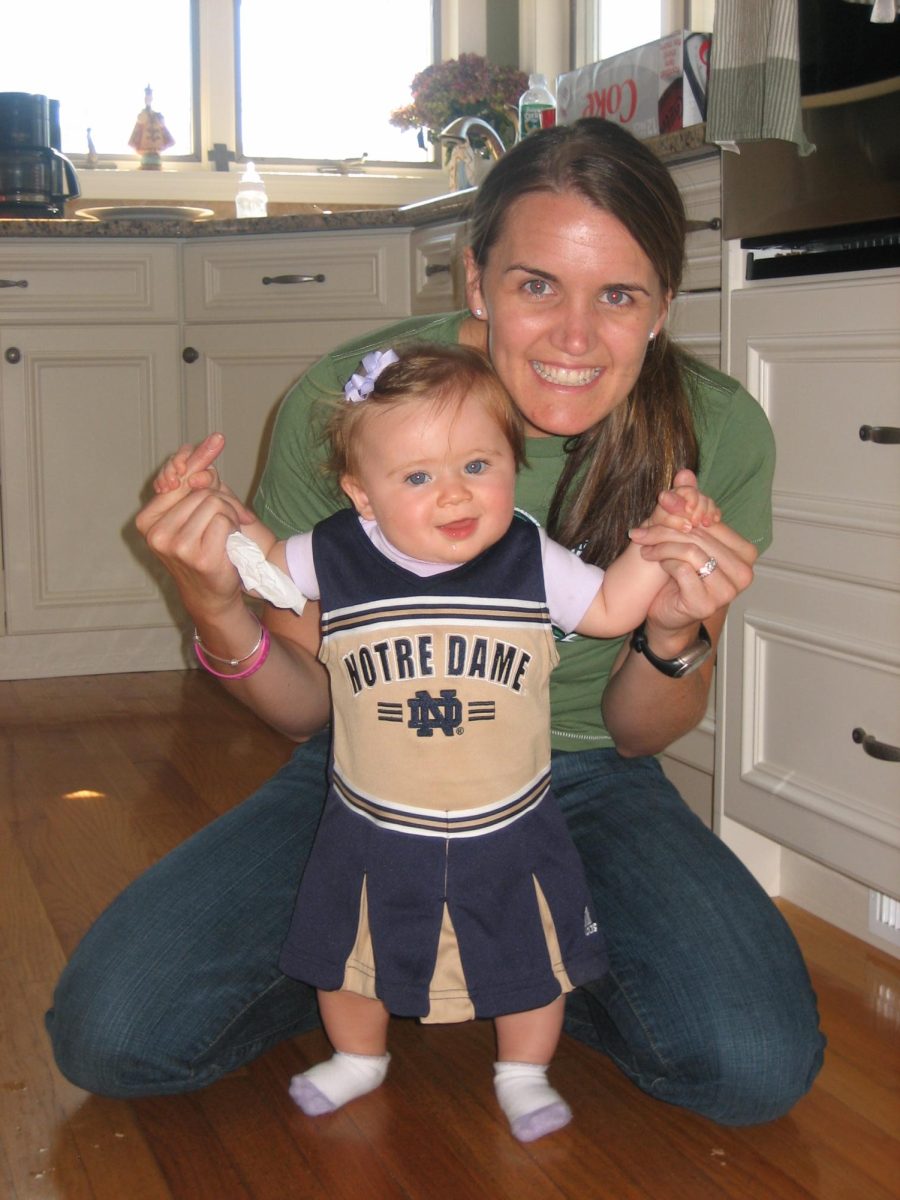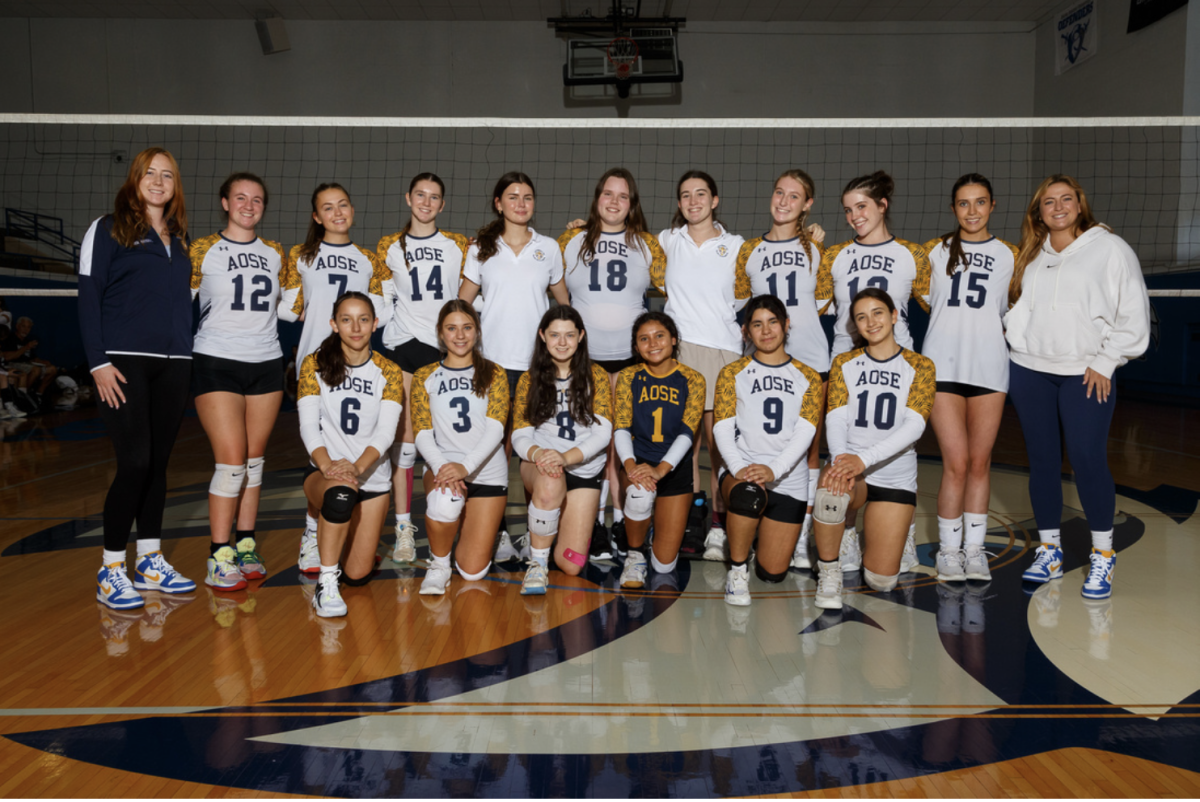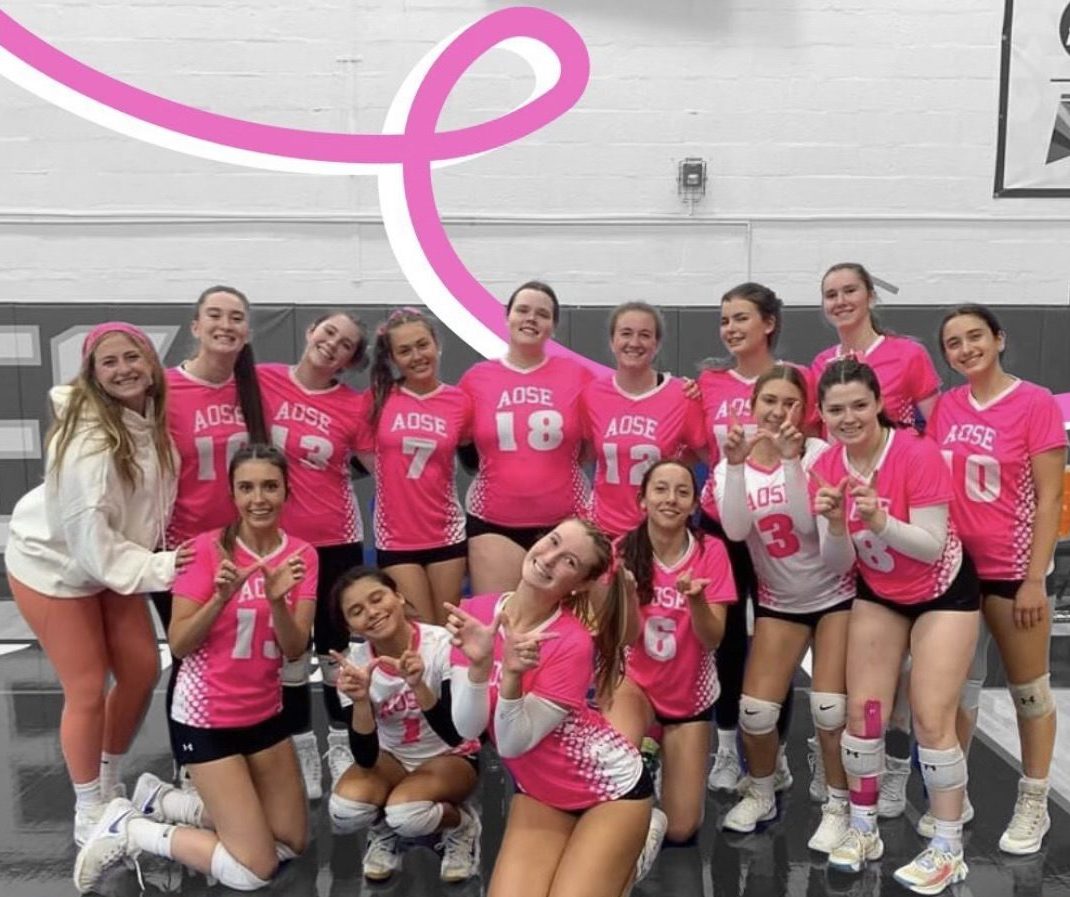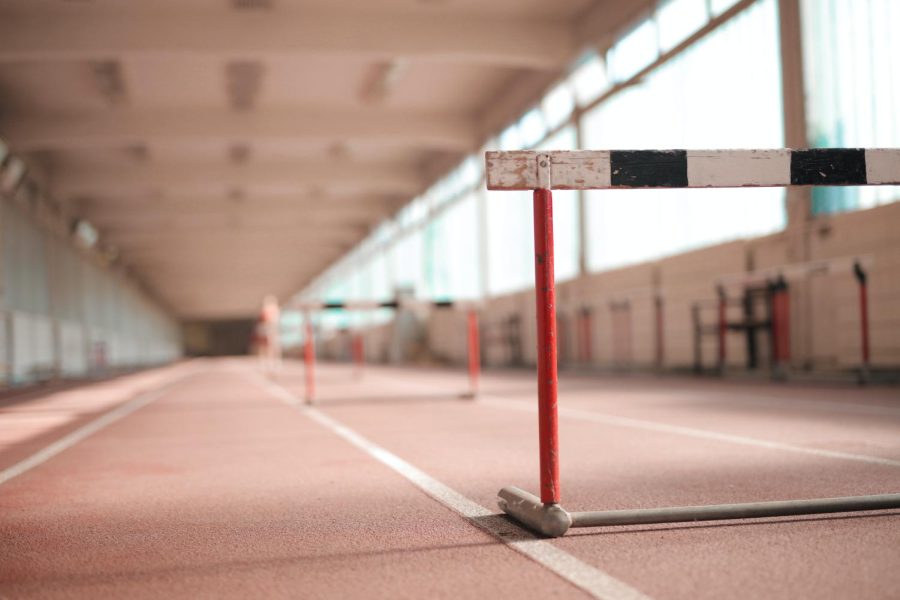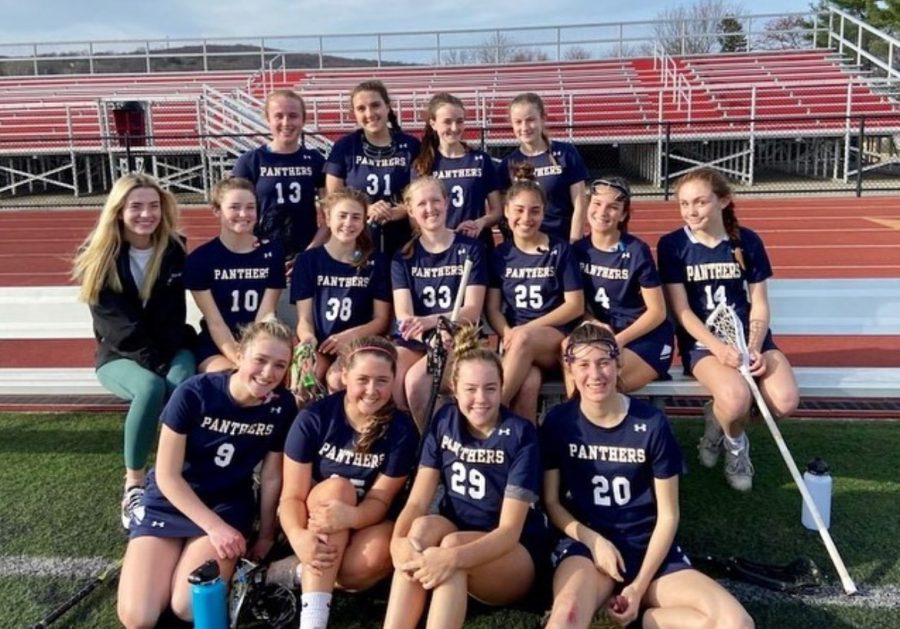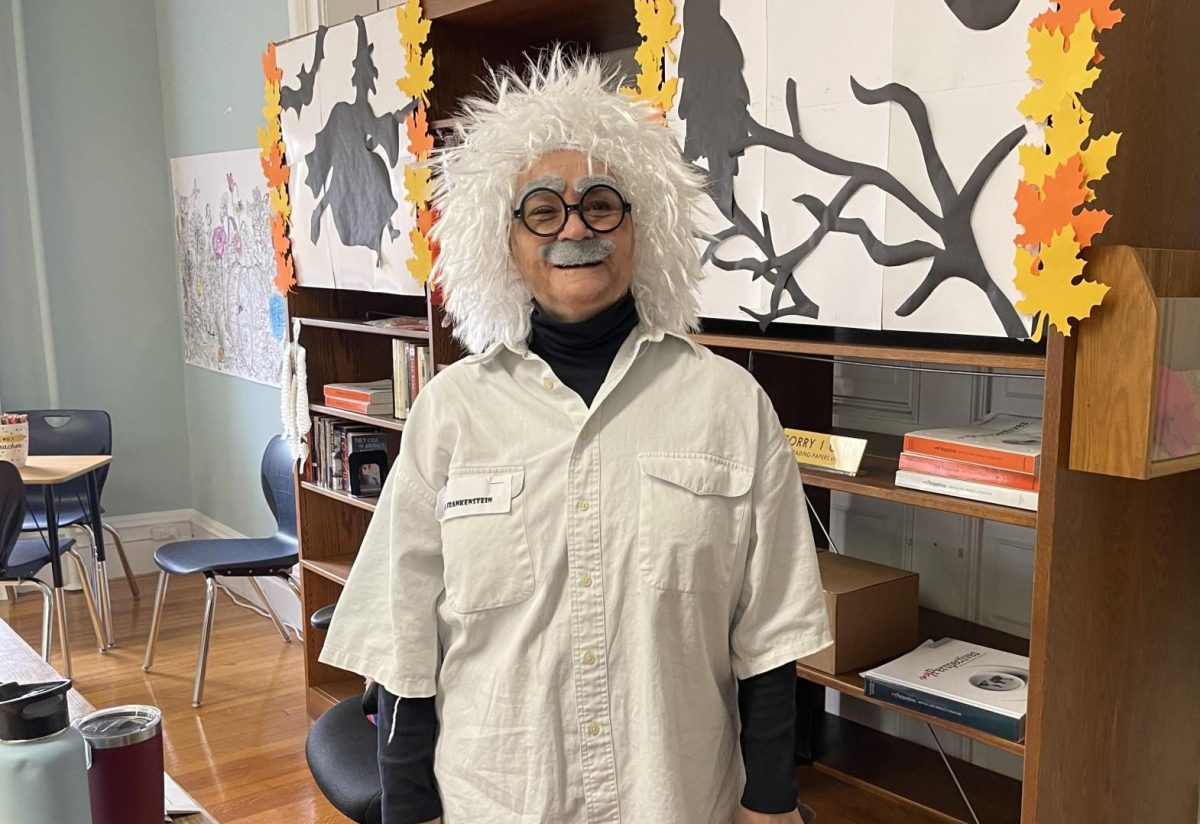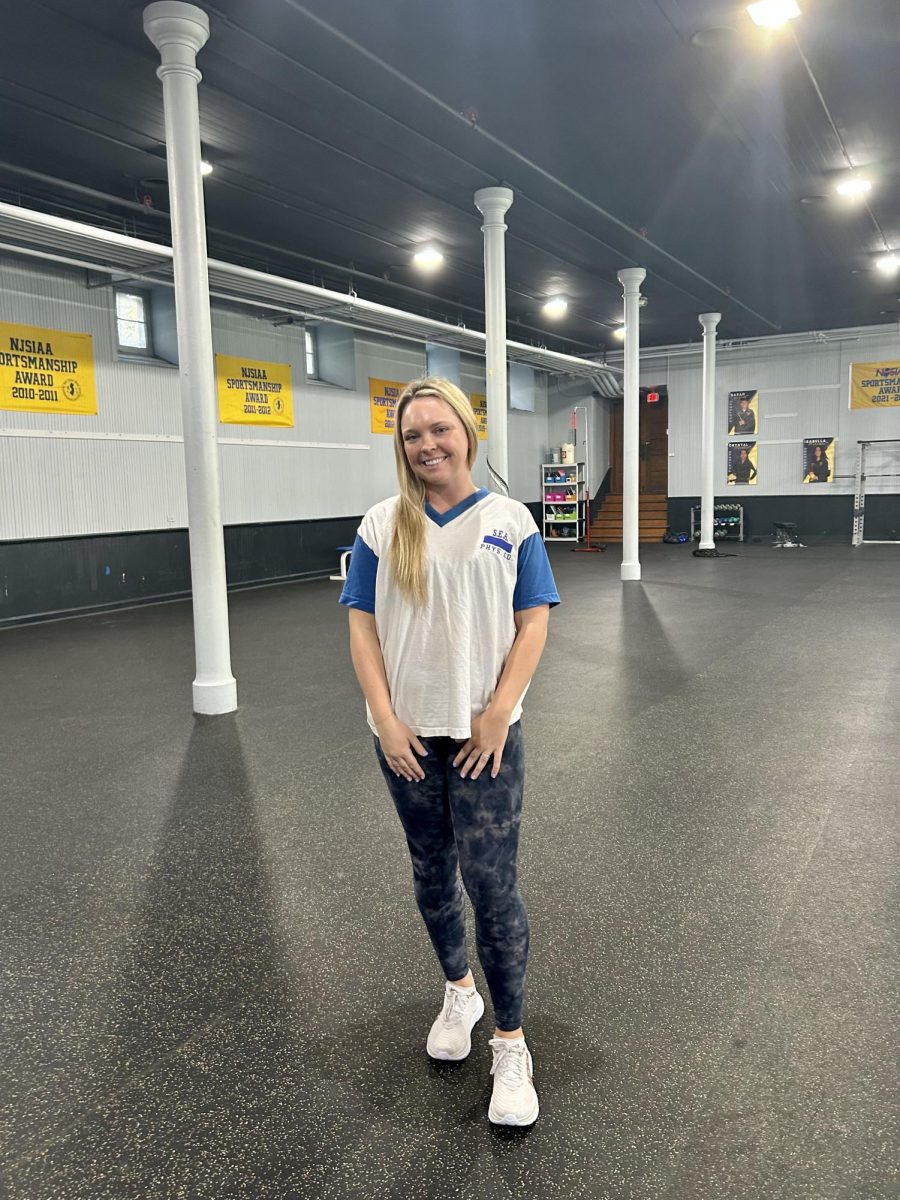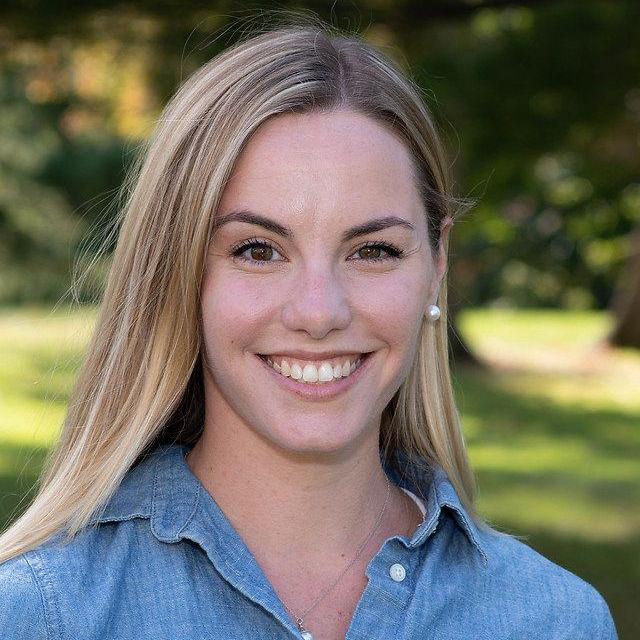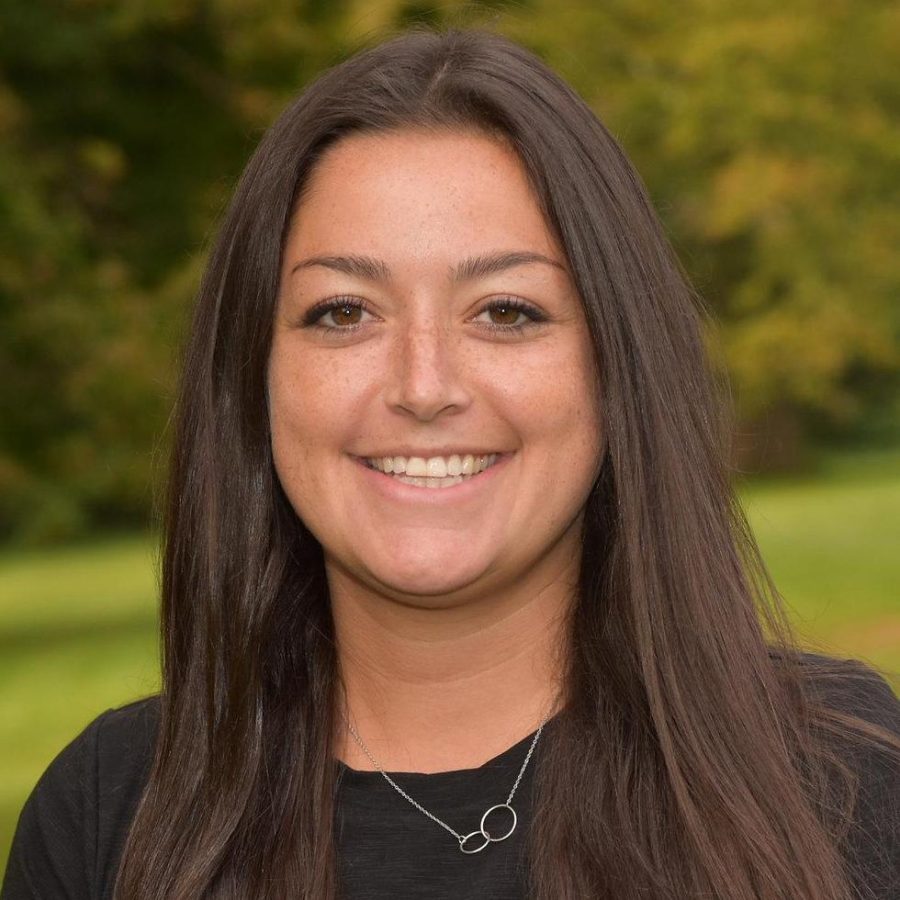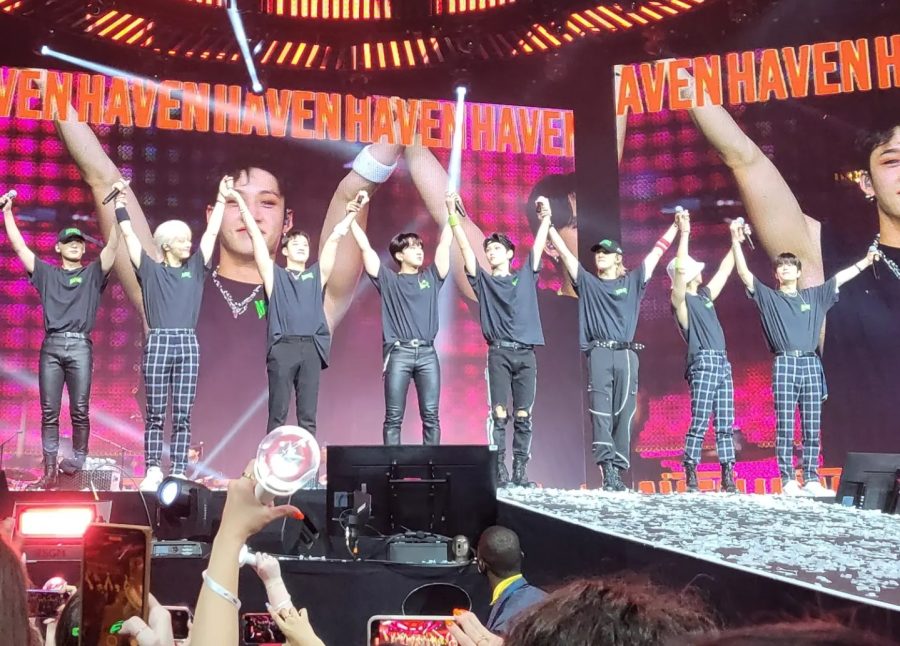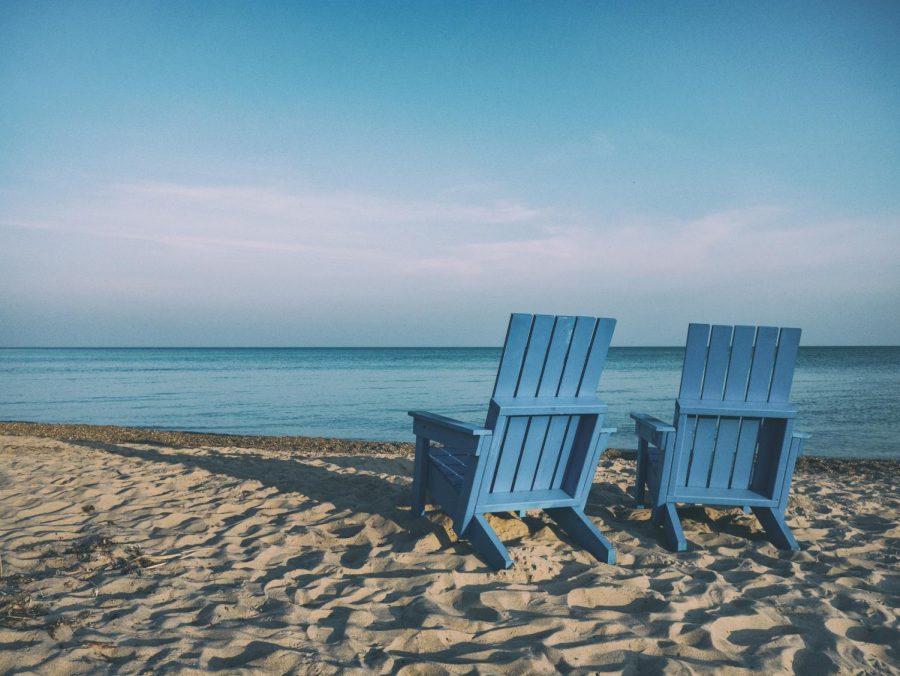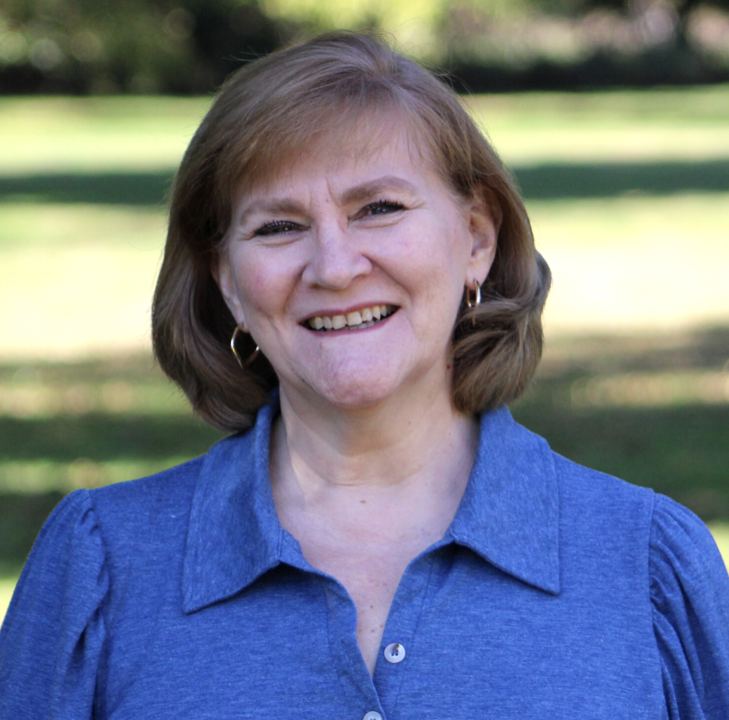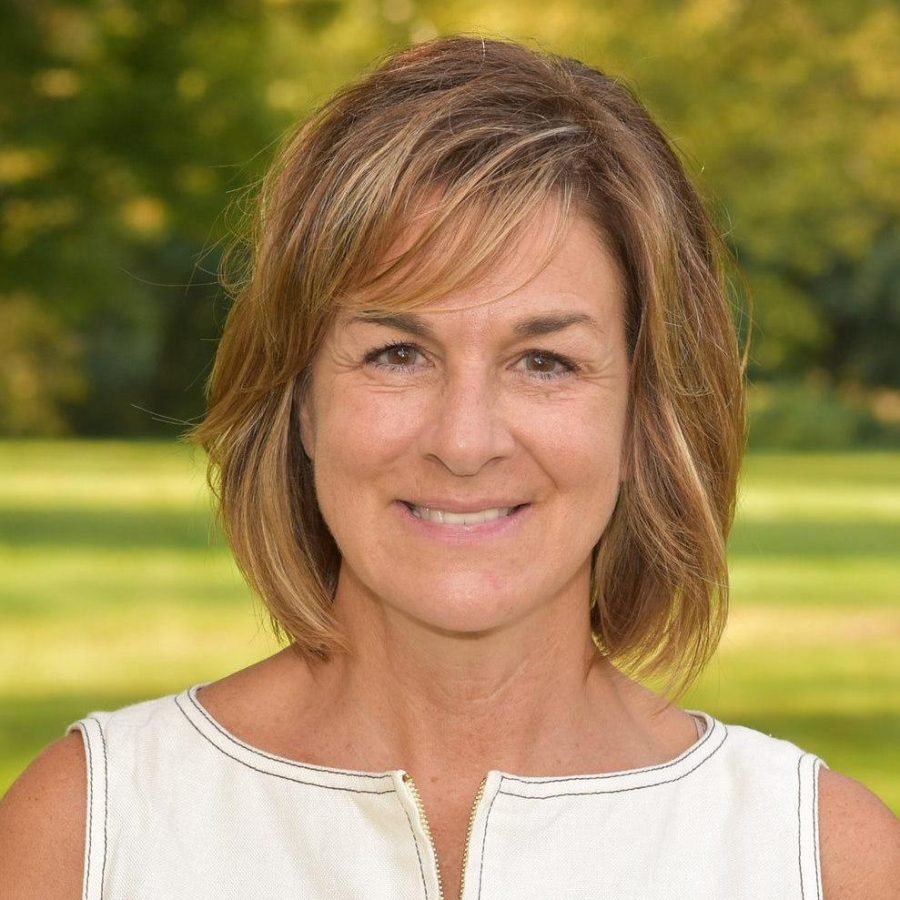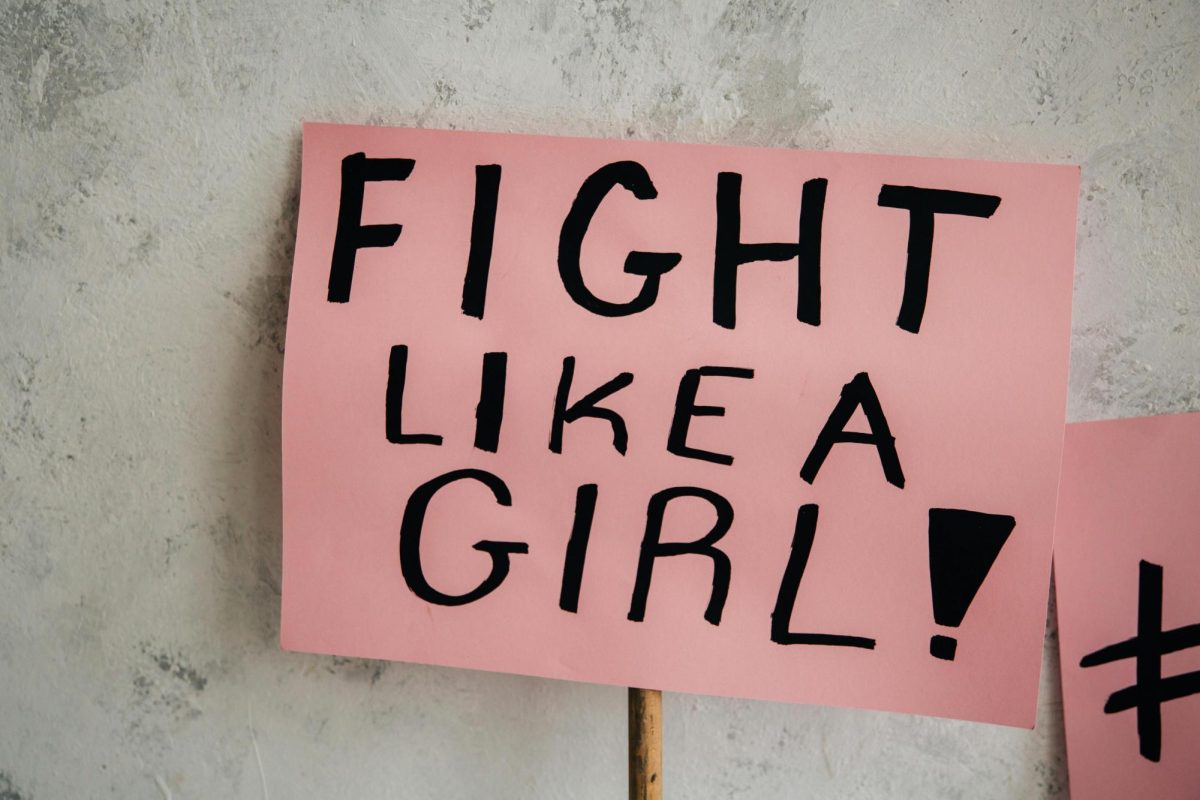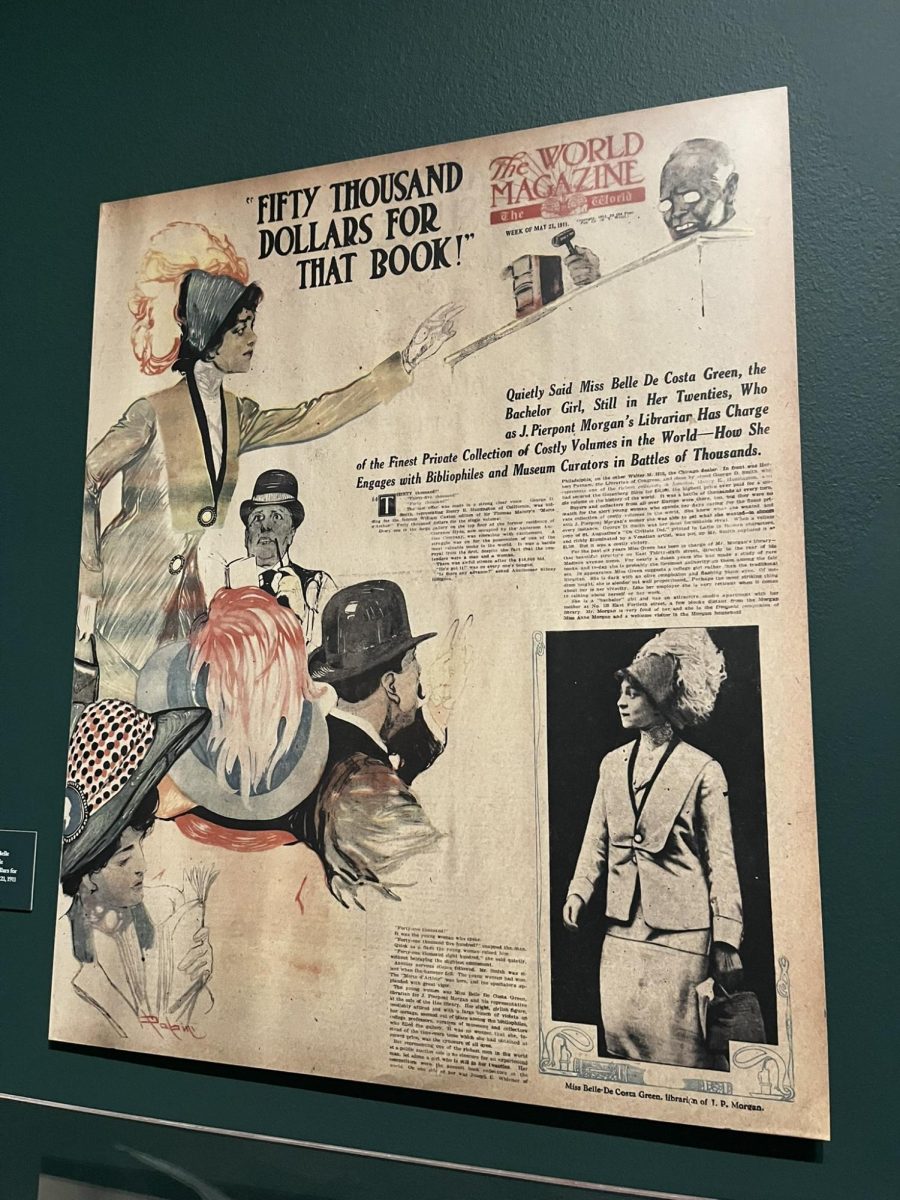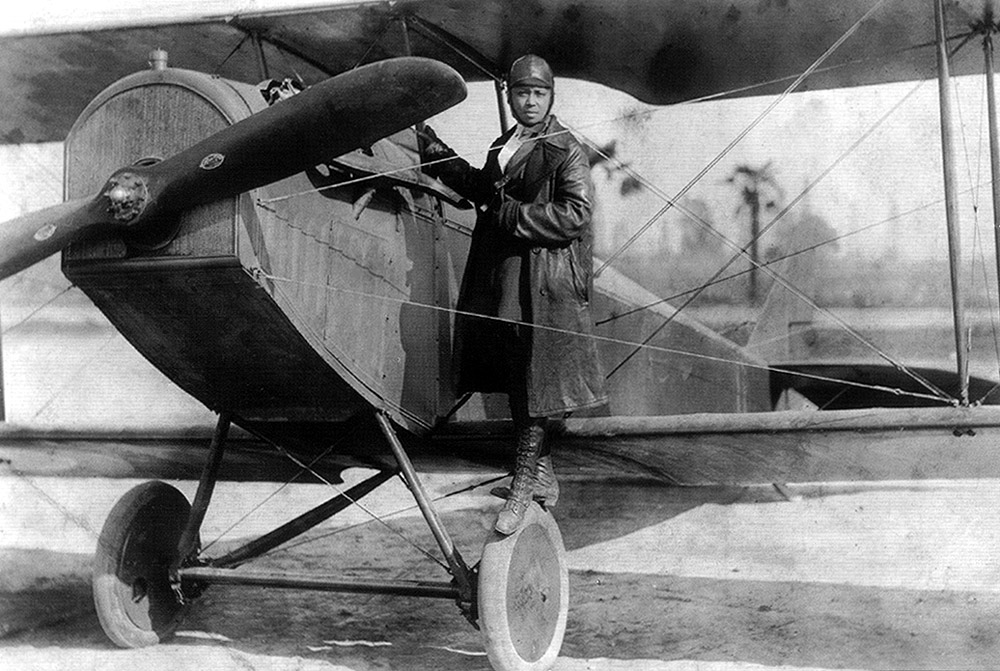Nobel Peace Prize winner Malala Yousafzai called Asma Jahangir the “saviour of democracy and human rights.” A testament to the impact one can have on society, Jahangir was instrumental in beginning Pakistan’s first feminist movement. She was a trailblazing Pakistani human rights lawyer and activist who proudly co-founded the Human Rights Commission of Pakistan (HRCP) and the Women’s Action Forum (WAF). Known for her fearless advocacy, she defended women’s rights and religious freedom by fighting against many injustices left unaddressed by the Pakistani government.
Asma Jahangir was born in Lahore, Pakistan in 1952 to a politically active family. Her father was very vocal in his stance against military dictators, resulting in his imprisonment. He taught his daughter to value human dignity and freedom. Her father’s dedication to defending injustices inspired Jahangir to get her law degree from Punjab University in the hopes of defending those oppressed by the legal system. In 1980, Jahangir and three colleagues formed the AGHS Law Associates, the first law firm established by women in Pakistan.
One year later, she co-founded the Women’s Action Forum (WAF) in response to General Zia-ul-Haq’s attempt to make Pakistan a completely Islamic state, which would follow a strict interpretation of Islamic traditions. For example, in 1979, Zia imposed the Hudud Ordinances, which subjected women to public stoning for adultery if they reported a case of rape. Zia also proposed a law stating that two women were equal to one man.
“It was at this point that the Women’s Action Forum came into being as a platform for women to raise voices against gender-based discrimination” (“Women Action Forum”). Members of WAF and over 300 others marched to the courthouse with a petition against the law and held a sit-in protest. The famous poet Habib Jalib joined the protest, reciting one of her poems, which became the WAF anthem. Police attempted to restrain the women, but many refused and were brutally beaten and tear-gassed. This fueled the women’s movement in Pakistan.
Protesting brought them international publicity and growing influence. As more people in Pakistan began to question the authorities, WAF began to advocate for the separation of religious and secular law. The first achievement of the group included reducing discrimination in fields other than the law— granting women access to more opportunities, including participation in sports.
Jahangir especially feels the need to fight for religious freedom in Pakistan because of the weaponizing of religion in Muslim countries. She worked relentlessly to create new laws that protected women against honor crimes– a misconception of Muslim culture where a male family member murders a female member due to the belief that they brought dishonor to the family. According to Jahangir, “‘Honour killings are not a specifically Islamic tradition … Islam is no more violent or fanatical than any other religion, it’s just that many Muslim countries have politicised religion for the benefit of the rulers’” (Lamb and Jahangir).
Religious conservatives continued to threaten and attack Jahangir because of her opposition to General Zia. In 1983, she was tried and put on house arrest after being accused of blasphemy, which she could not be proven guilty of (“Asma Jahangir 1952-2018”). This caused her to be a prominent opponent of Pakistan’s blasphemy laws, leading her to found the AGHS Legal Aid Center with her sister and other lawyers. The AGHS Legal Aid Center “was the first legal center in Pakistan to provide free legal aid to the poor and helpless. AGHS is particularly active in the areas of constitutional law and family law” (Besold). Jahangir represented a young boy who was accused of blasphemy. She won the case, however,“the justice who rendered the decision, Arif Iqbal Bhatti, was assassinated” (“Asma Jahangir (1952-2018): Pakistan’s”).
In 1985, Jahangir held a seminar in Lahore called “Dimensions of Human Rights.” This seminar was to test if the creation of the Human Rights Commission of Pakistan would be beneficial to the people. There were numerous people in support. Later, Jahangir co-founded the Human Rights Commission of Pakistan (HRCP), a non-profit organization fighting for human rights in Pakistan. The first chairperson appointed was Justice Dorab Patel. Patel was a former Chief Justice who refused to be a judge of the Supreme Court under General Zia (Taqi). According to the World Coalition Against the Death Penalty:
“Over the last three decades, HRCP has worked for women’s empowerment and gender equality, the rights of religious minorities, rule of law and access to justice, democratic development, the elimination of forced labour, children’s rights, prisoners’ rights, labour rights, the rights of internally displaced persons and refugees, the abolition of the death penalty, the elimination of torture, and an end to enforced disappearances, among other areas” (“Human Rights”).
Jahangir served as both the Secretary-General and Chairperson of the organization, fighting to serve justice to every person facing any form of discrimination.
Jahangir served as UN Special Rapporteur on Extrajudicial Executions for six years, fighting for the causes she has been battling in Pakistan, but now on an international level. As a tribute to her achievements in human rights, Asma Jahangir received the UN Human Rights Prize. She wrote two books and other papers and received many other international awards, including the top civilian award in the country, Nishan-e-Imtiaz Pakistan.
Asma Jahangir died in 2018 at the age of 66, leaving behind a legacy that empowers women worldwide. Without her work, the voices of men and women of all ages in Pakistan would likely still face repression with little hope of change. Through her organizations, her courage will continue to inspire others to fight for women’s rights, religious freedom, minorities, and other injustices.
Sources:
“Asma Jahangir.” Right Livelihood, https://rightlivelihood.org/the-change-makers/find-a-laureate/asma-jahangir/. Accessed 10 November 2024.
“Asma Jahangir 1952-2018.” Sister Hood, sister-hood staff, 13 February 2018, https://sister-hood.com/sister-hood-staff/asma-jahangir-1952-2018/. Accessed 10 November 2024.
“Asma Jahangir (1952-2018): Pakistan’s Lion-Hearted Human Rights Champion.” Religious Freedom Institute, 22 February 2018, https://religiousfreedominstitute.org/asma-jahangir-1952-2018-pakistans-lion-hearted-human-rights-champion/. Accessed 10 November 2024.
Besold, Almut. “Asma Jahangir: Torchbearer of Human Rights in Pakistan.” Friedrich Naumann Foundation, 13 February 2018, https://www.freiheit.org/pakistan/asma-jahangir-torchbearer-human-rights-pakistan. Accessed 10 November 2024.
“Human Rights Commission of Pakistan – WCADP.” World Coalition Against the Death Penalty, https://worldcoalition.org/membre/human-rights-commission-of-pakistan/. Accessed 10 November 2024.
Lamb, Christina, and Asma Jahangir. “Fighting for Human Rights.” RSA Journal, vol. 154, no. 5533, 2008, pp. 44–47. JSTOR, http://www.jstor.org/stable/41379869. Accessed 10 November 2024.
Taqi, Mohammad. “Remembering Asma Apa, the Pakistani Activist Who Stood for Those No One Else Dared Represent.” The Wire, 12 February 2018, https://thewire.in/society/remembering-asma-apa-pakistani-activist-stood-no-one-else-dared-represent. Accessed 10 November 2024.
“Women Action Forum.” Women Action Forum, https://archive.lums.edu.pk/interactives/womens-action-forum/chapter2. Accessed 10 November 2024.

